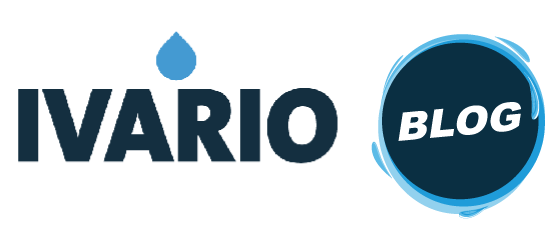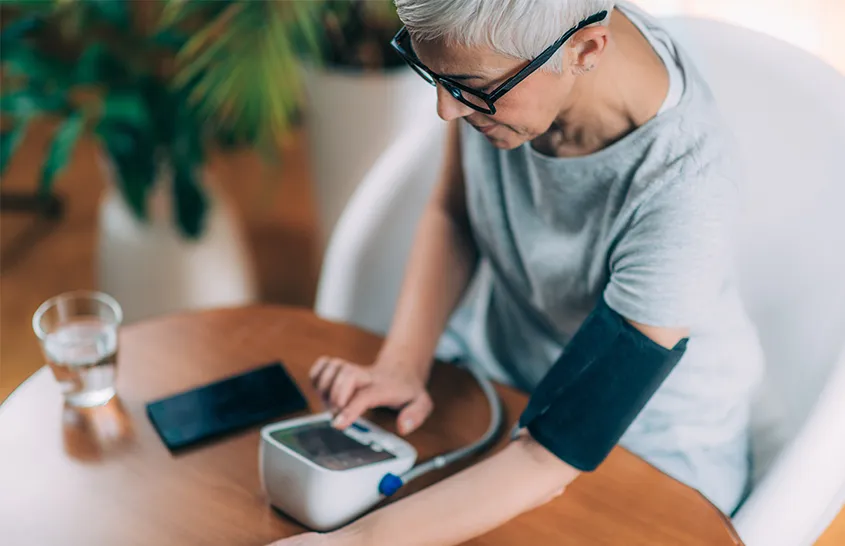High blood pressure, or hypertension, is a prevalent disease in the UK, affecting nearly one-third of the population. If left untreated for a long time, high blood pressure can lead to severe secondary illnesses, such as strokes, heart attacks, or kidney failure. Although medication is necessary to treat high blood pressure, drinking sufficient water can also provide additional support and help to reduce blood pressure in the long run. To ensure your drinking water is safe, you should have it tested to identify potential hazards.
Insufficient intake of water can lead to high blood pressure.
When your body is permanently dehydrated, you increase the risk of developing high blood pressure. Water is essential for properly functioning blood cells and other cells in the human body. If there is not enough water in the blood cells, they shrink in size to remain full, which increases the tension in the arteries. This increased tension ultimately leads to high blood pressure. Although the body adapts to the lack of water, high blood pressure cannot remedy it.
Patients diagnosed with high blood pressure are usually prescribed diuretics to reduce the pressure on blood vessels by dehydrating the body. Patients may think drinking less water can help achieve a similar effect, but the opposite is true. Drinking water is crucial if you have high blood pressure because diuretics can cause the body to dehydrate quickly. This should be avoided at all costs.
If you or someone you know has high blood pressure, it’s important to remember a few things.
Suppose you’re someone who regularly measures their own blood pressure. In that case, waiting at least 30 minutes after consuming a large amount of water before taking a measurement is essential. Studies have shown that drinking around half a litre of water within a short period causes a noticeable rise in blood pressure due to the constriction of blood vessels. However, the blood pressure drops to normal after half an hour, making the measured values accurate.
Which type of water is recommended for people with high blood pressure?
Monitoring the amount of salt you consume daily to reduce the risk of high blood pressure is essential. Salt contains sodium and chloride, which can draw water from cells and increase blood pressure. If you already have high blood pressure, watching the salt content in foods and your drinking water is vital. While salt is necessary for the body, it should only be consumed in moderation. Those with high blood pressure should consume at most five grams of sodium daily.
Whether you drink bottled or tap water, keeping the sodium content as low as possible is essential. For water to be considered low in sodium, it should not contain more than 20 milligrams of salt per litre. At IVARIO we offer various laboratory water testing kits.


